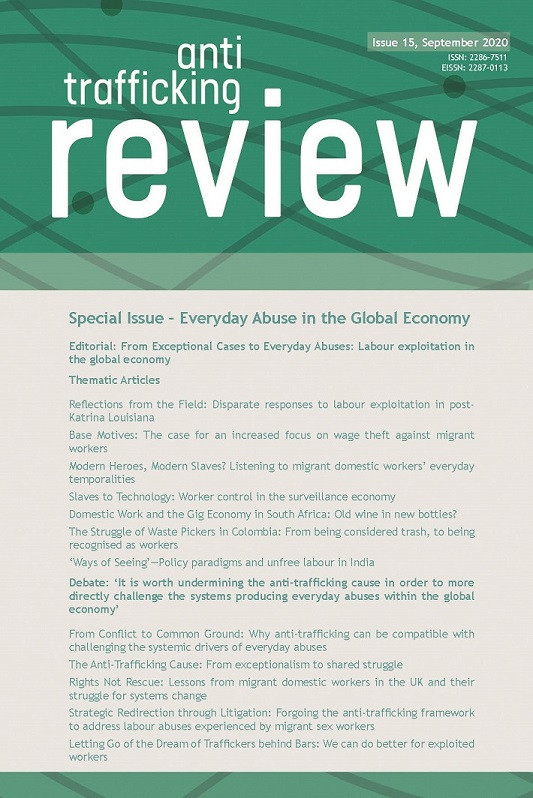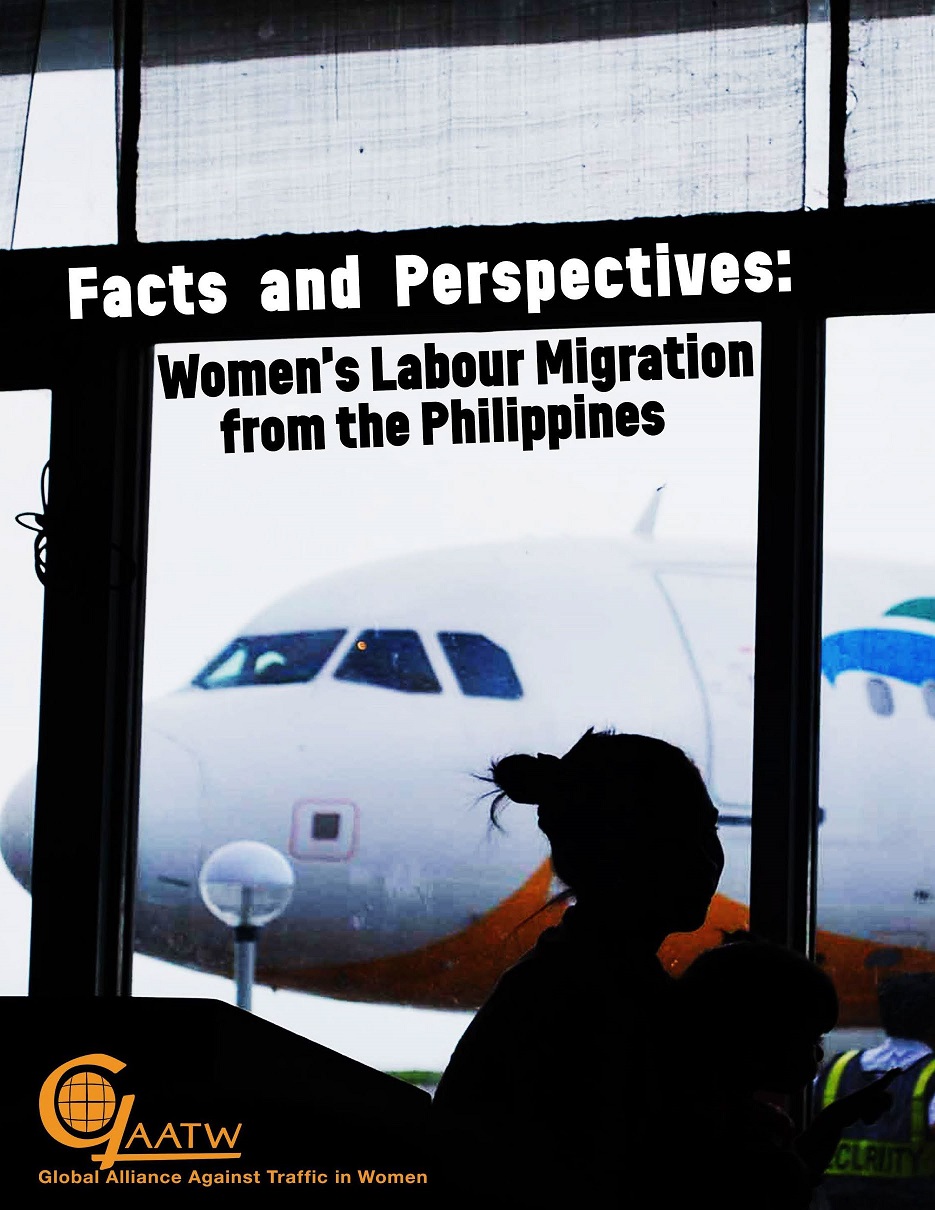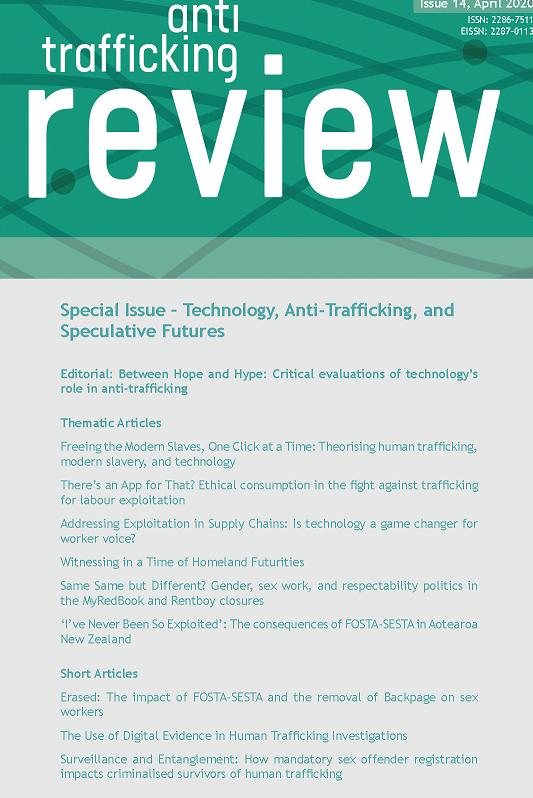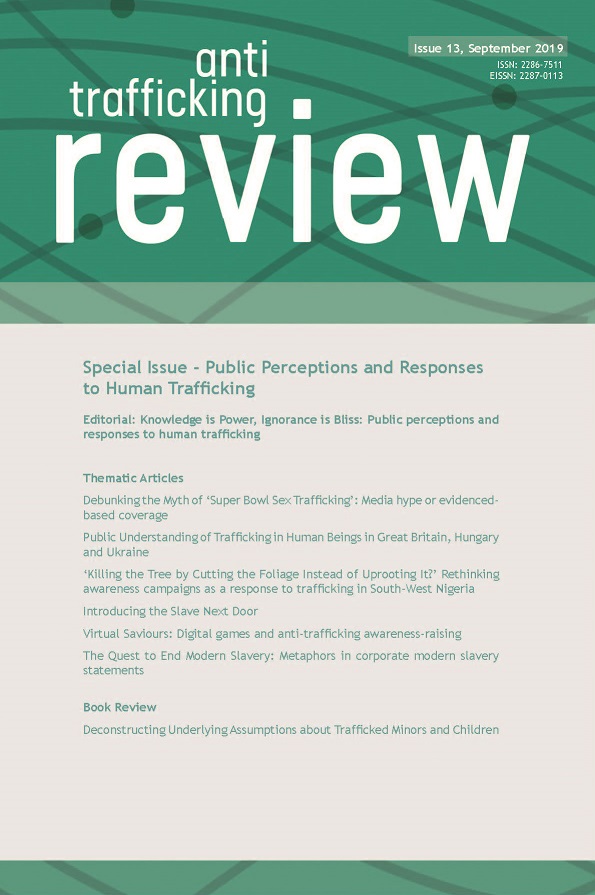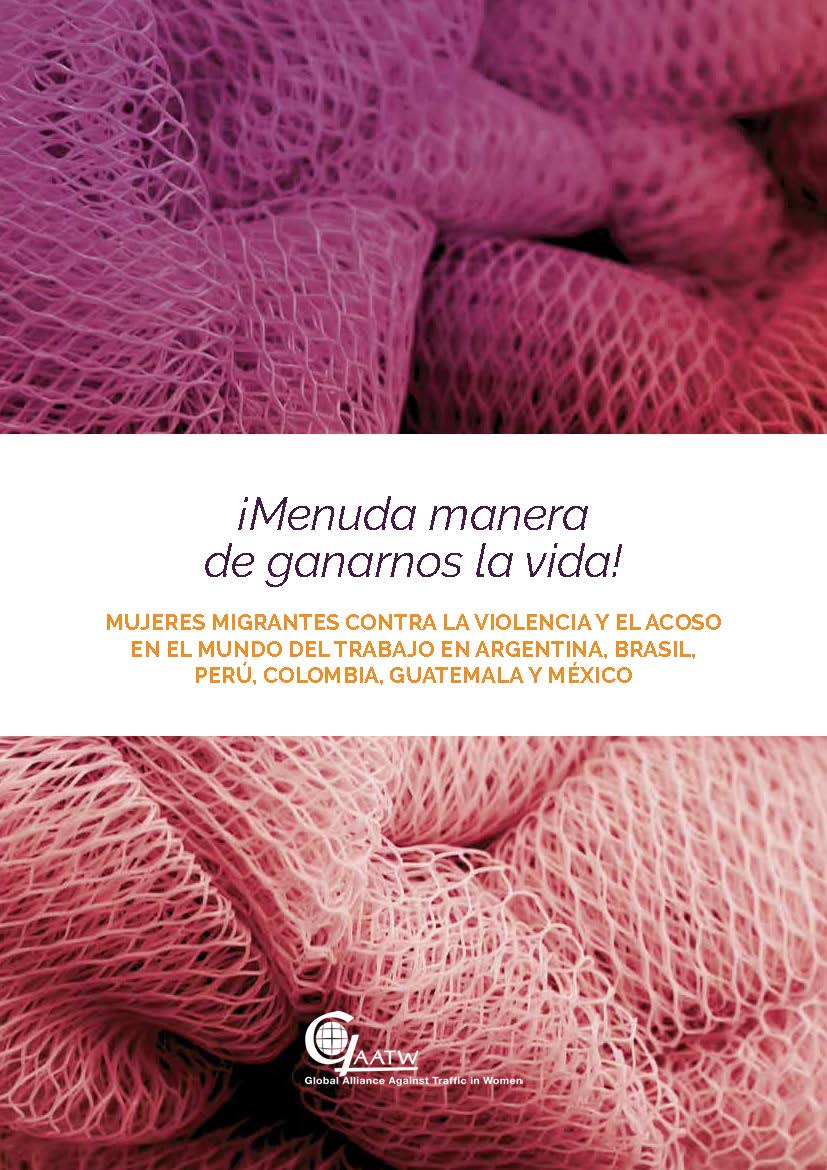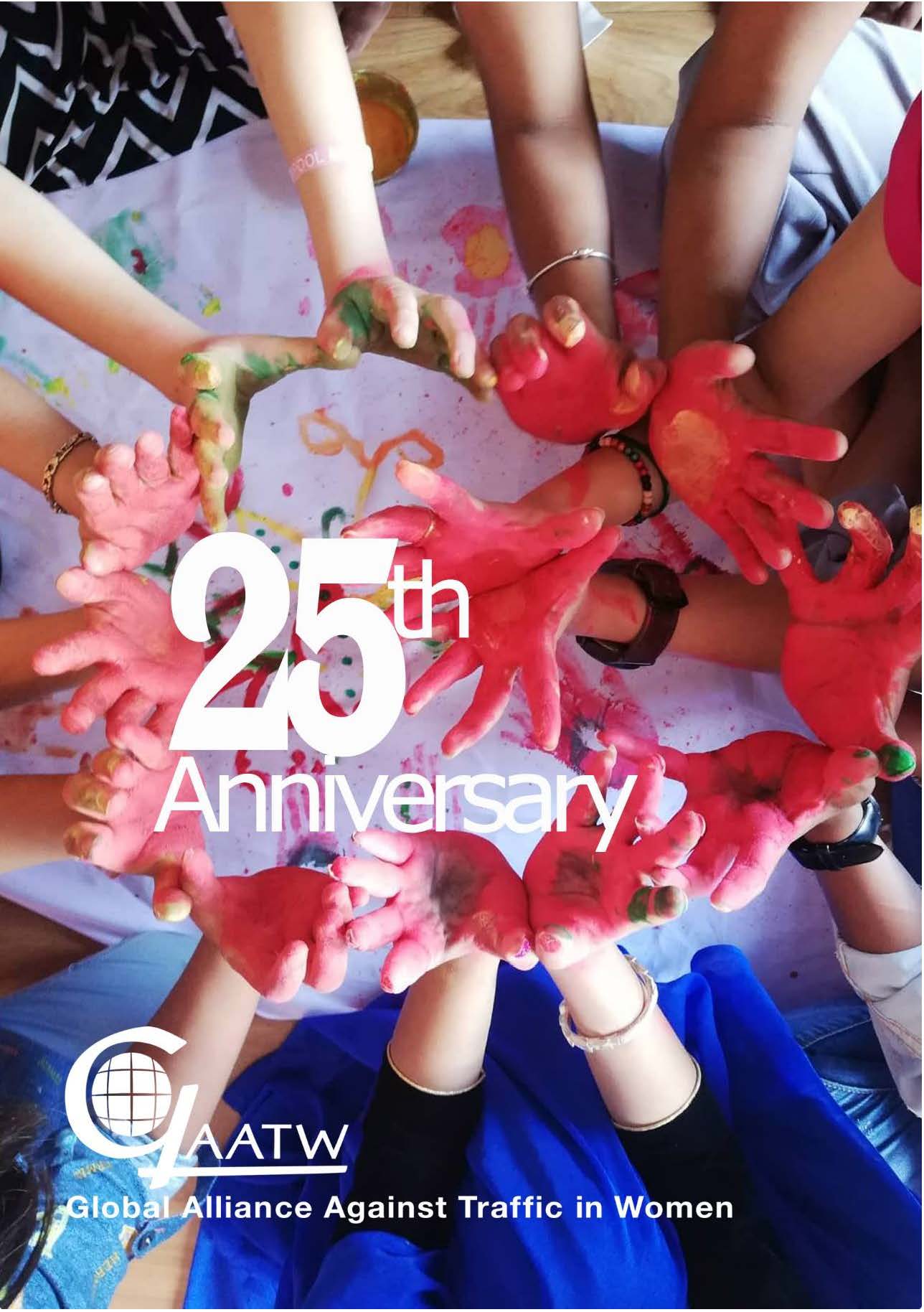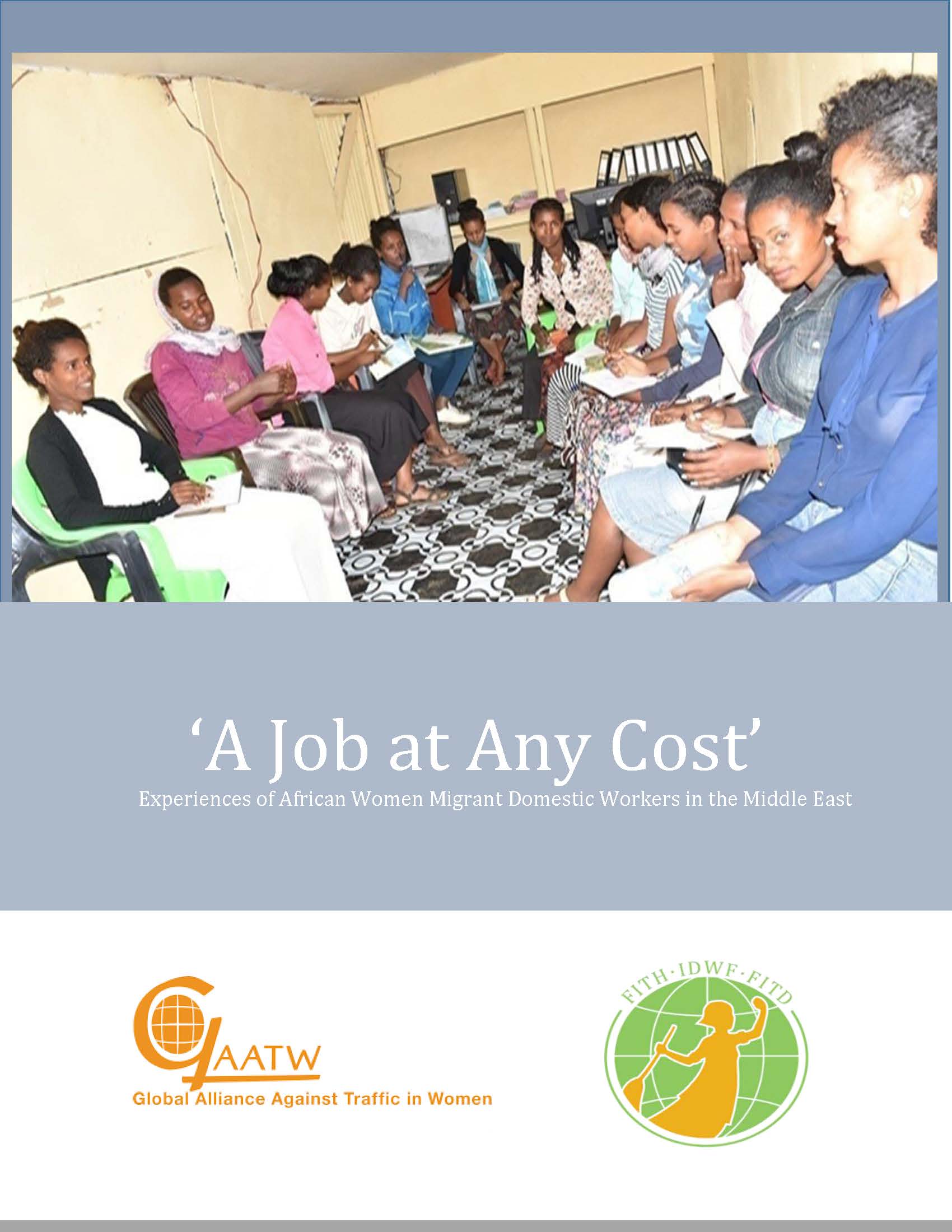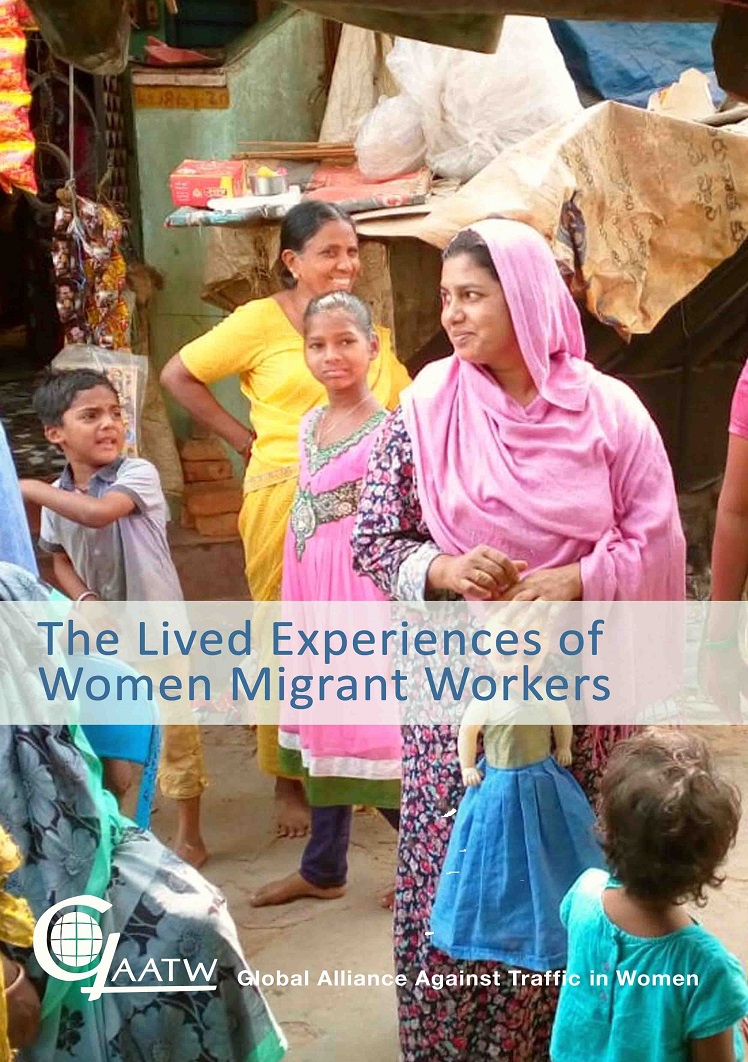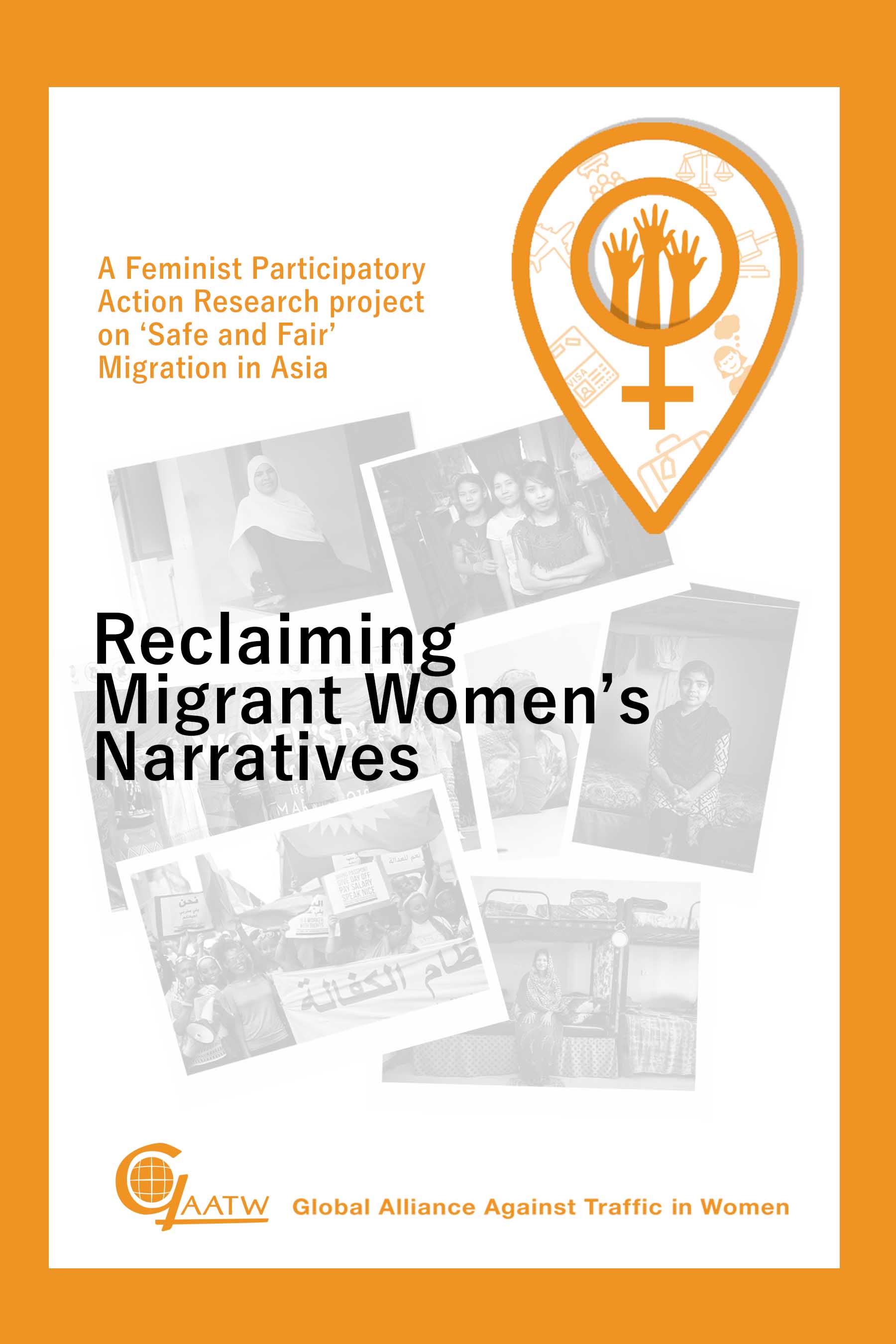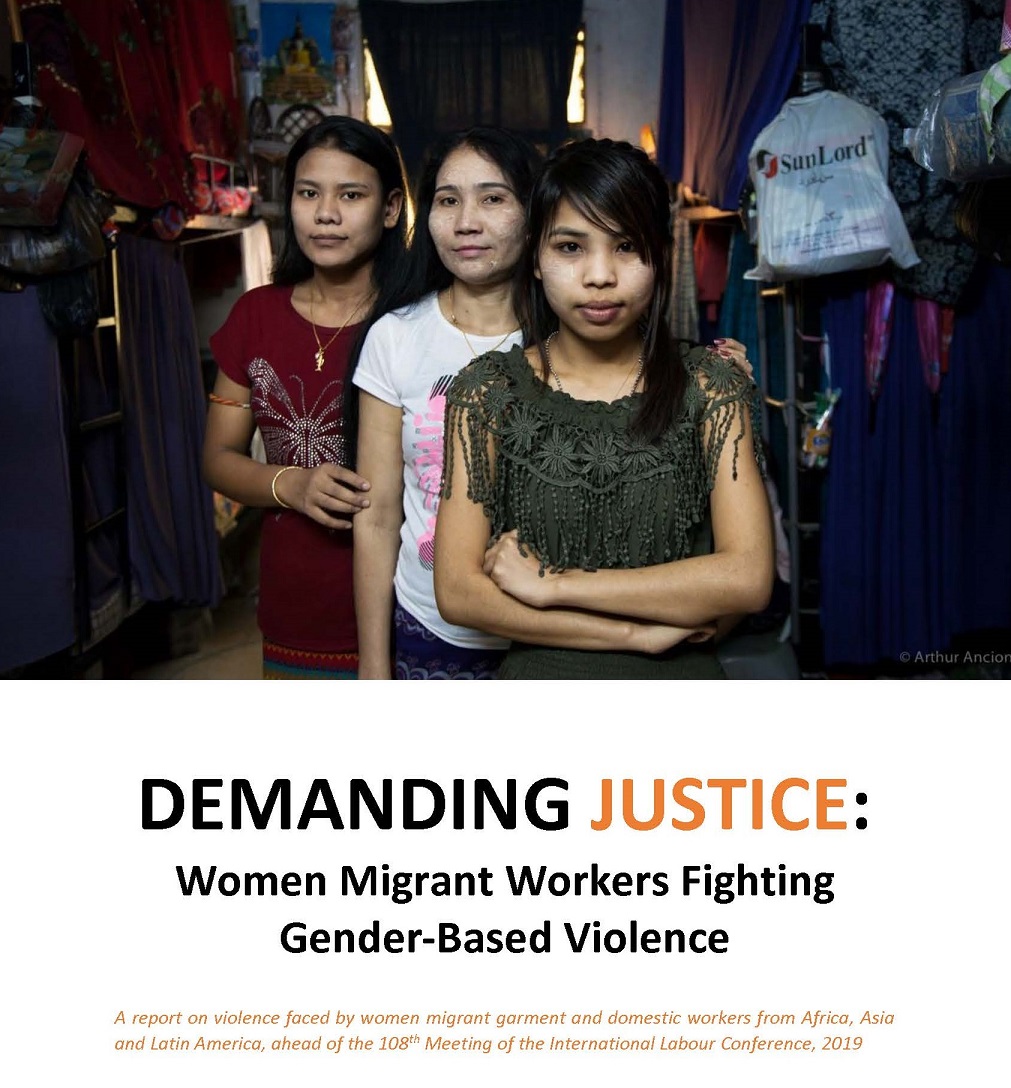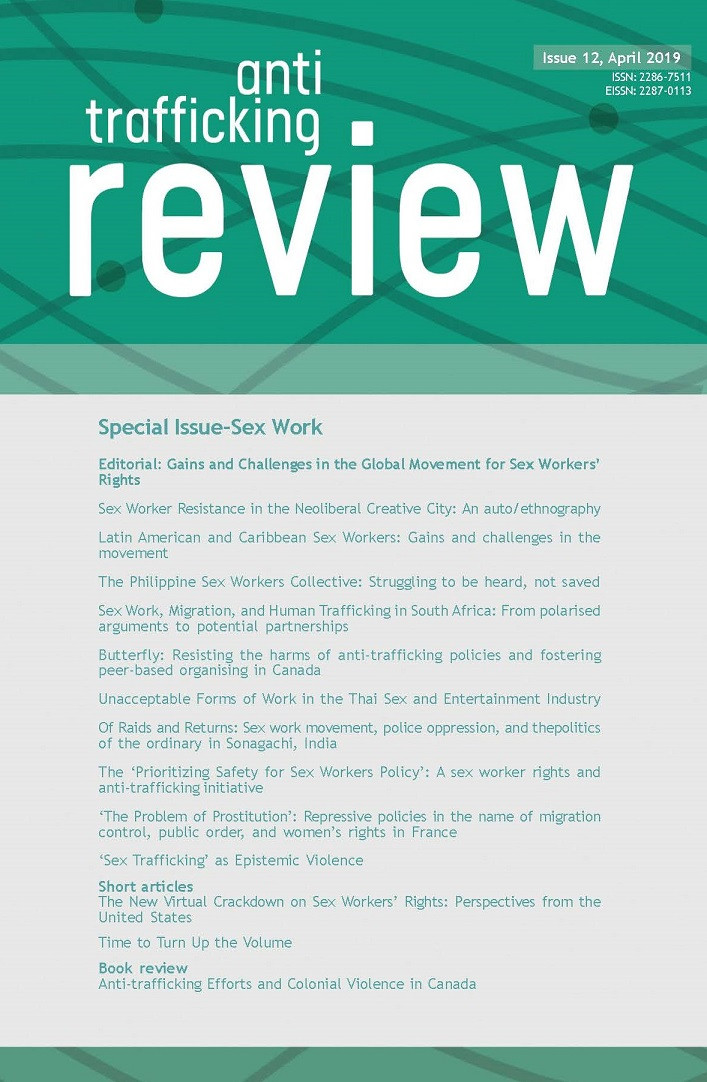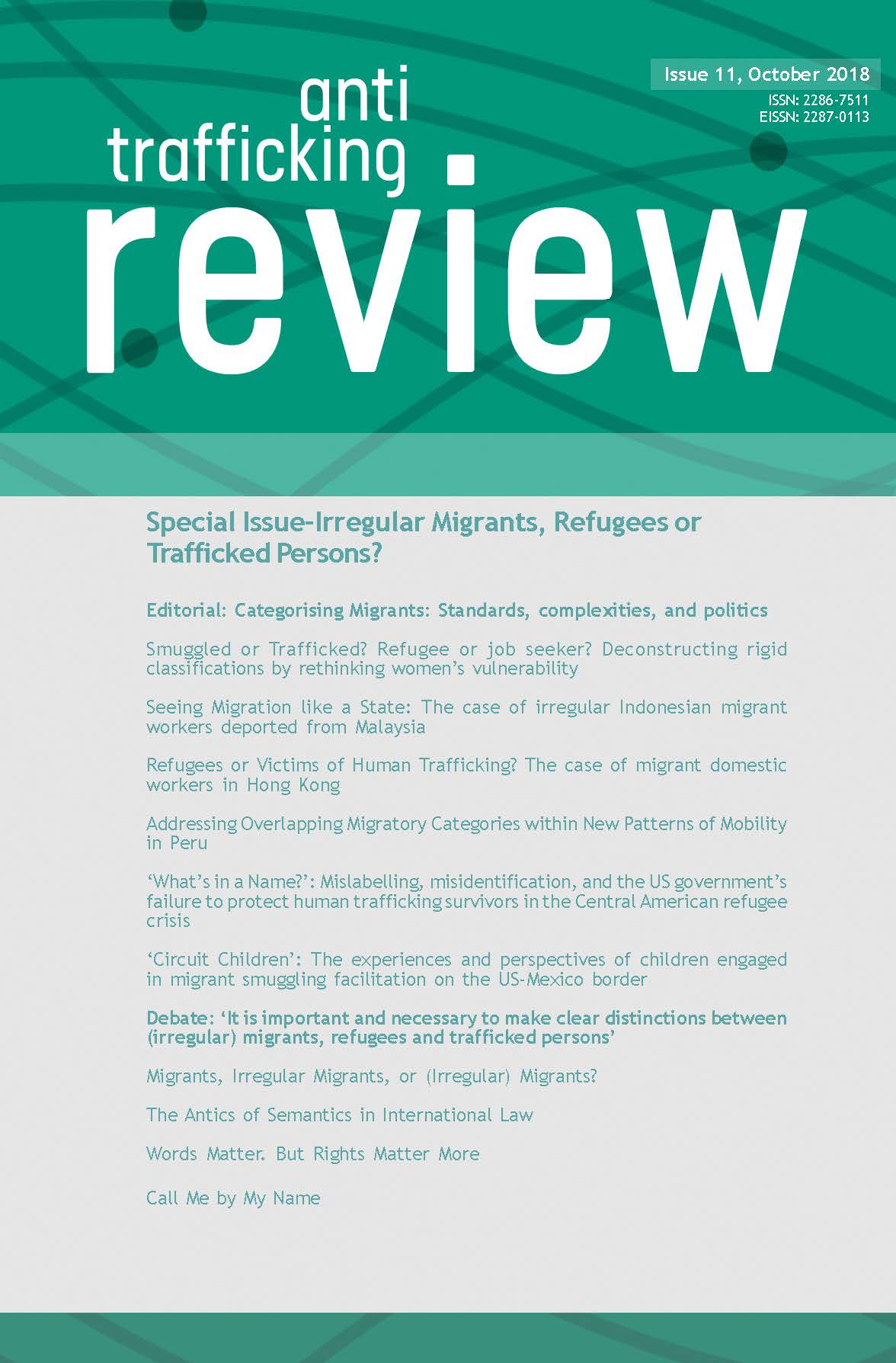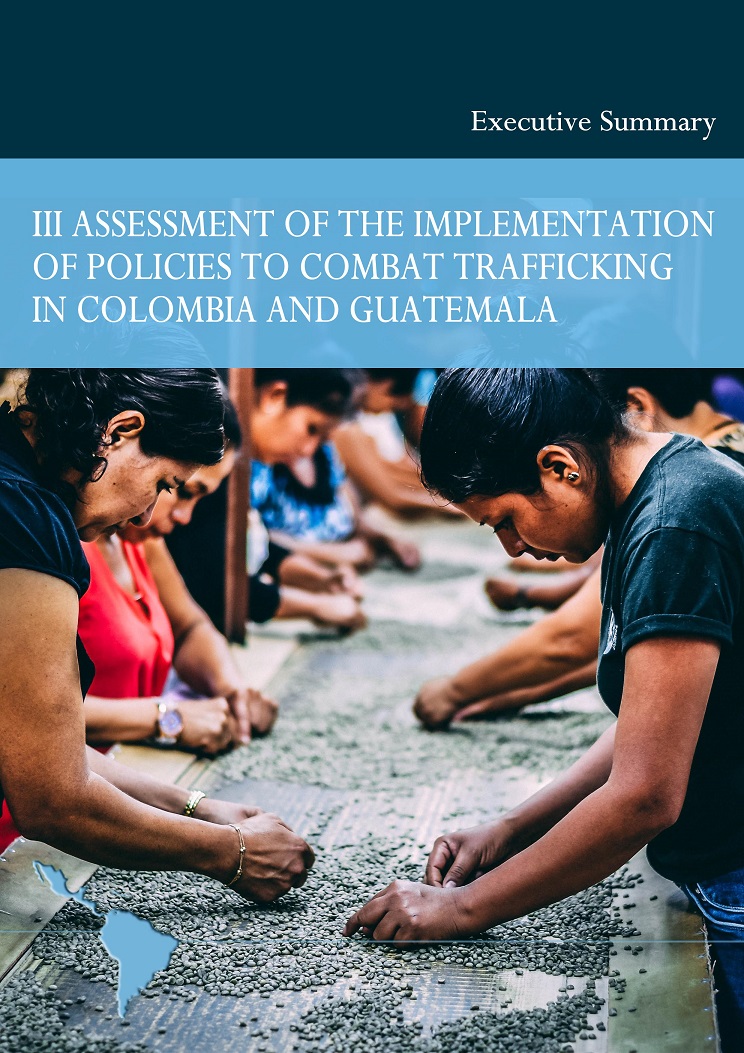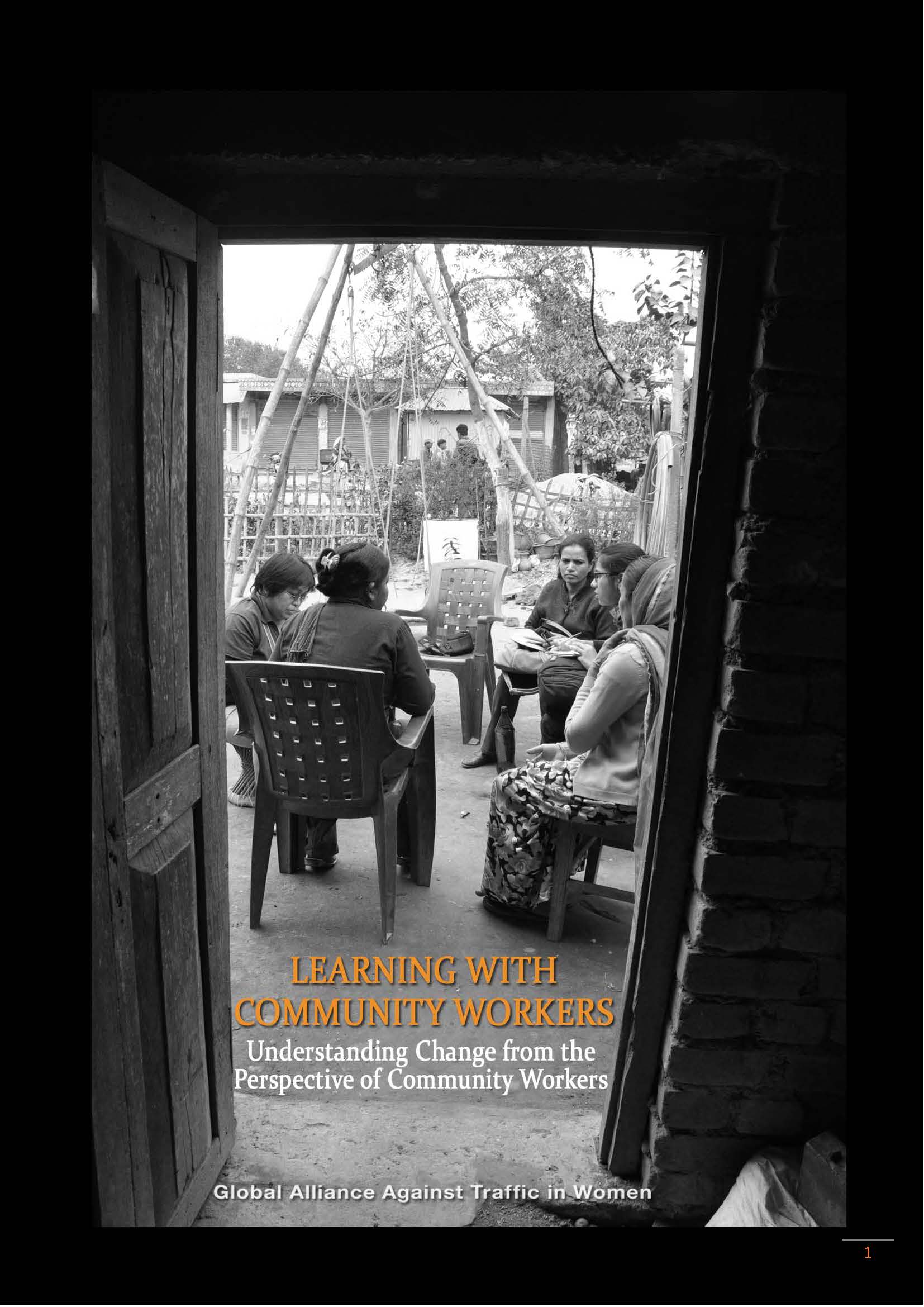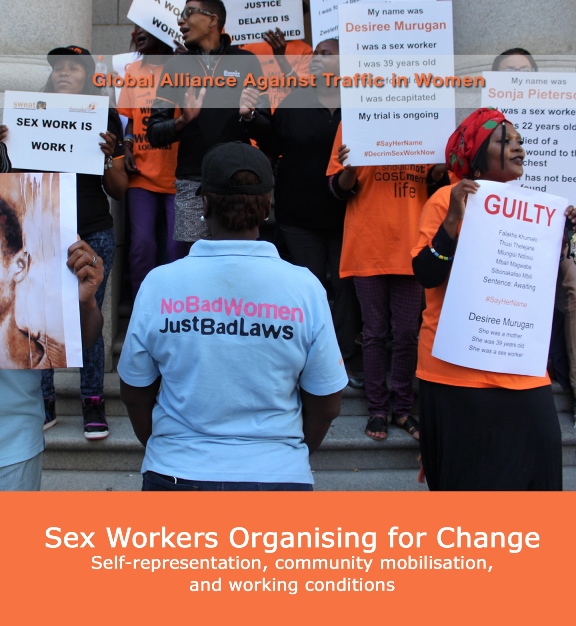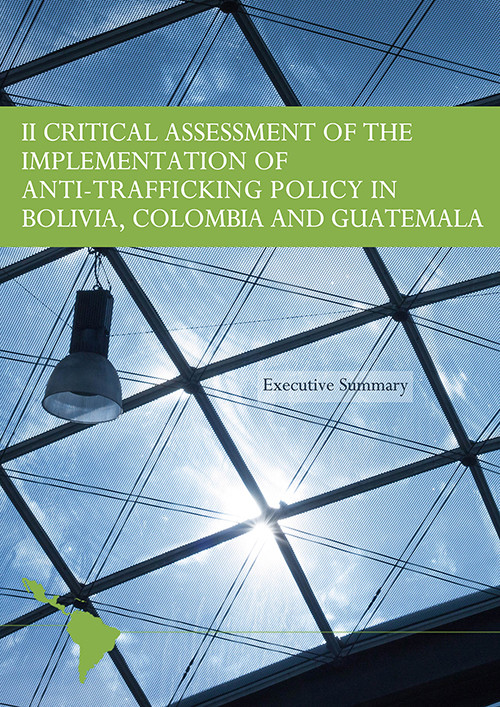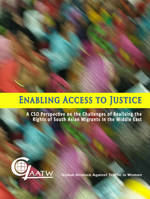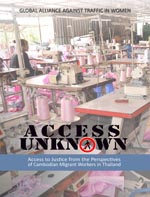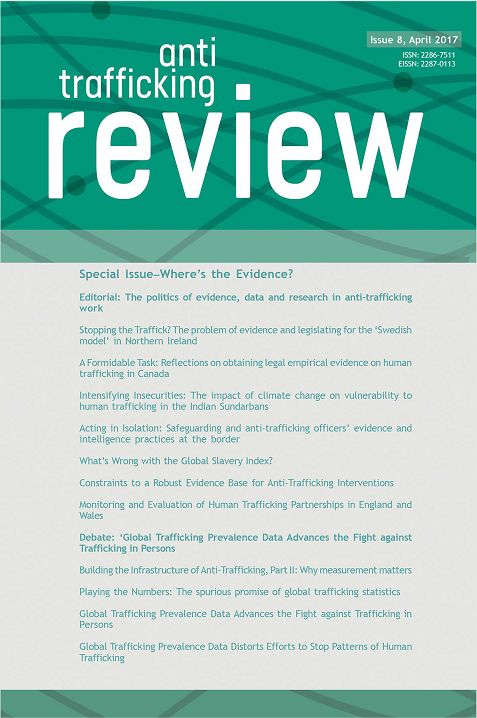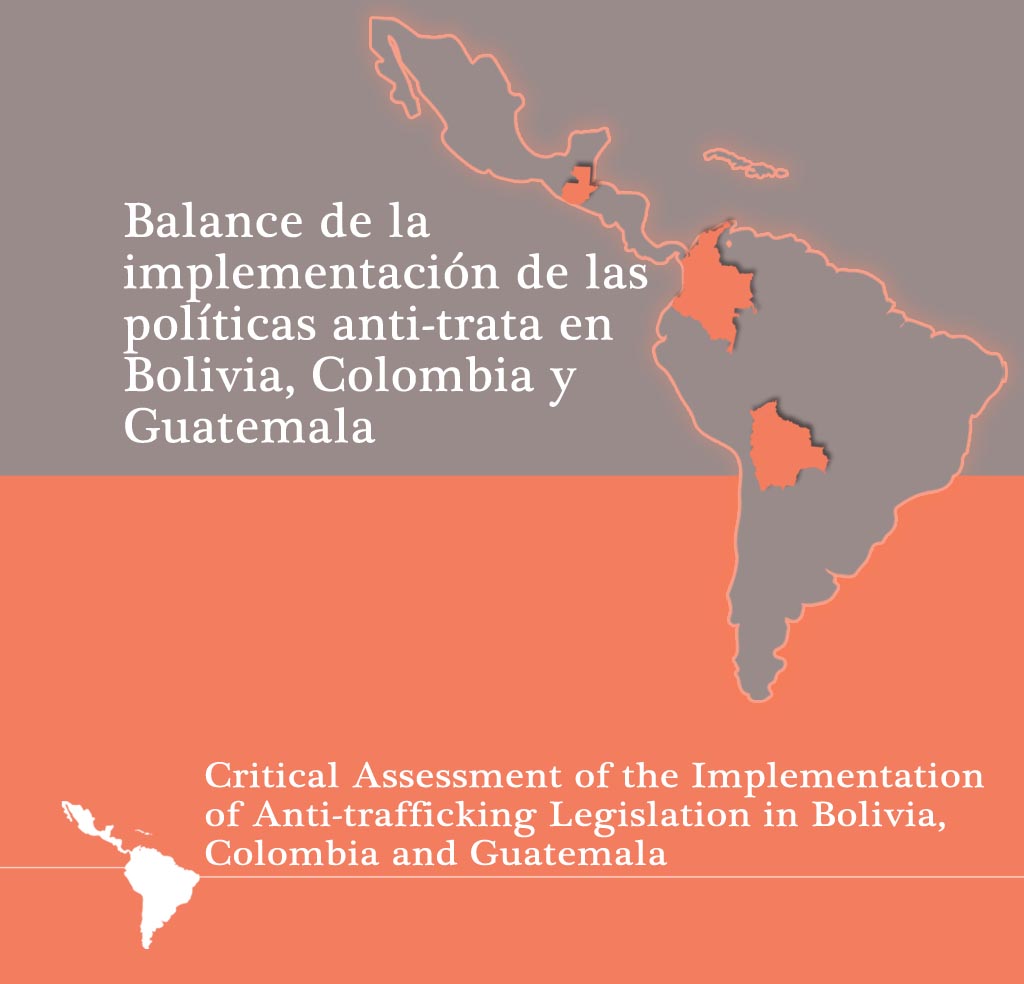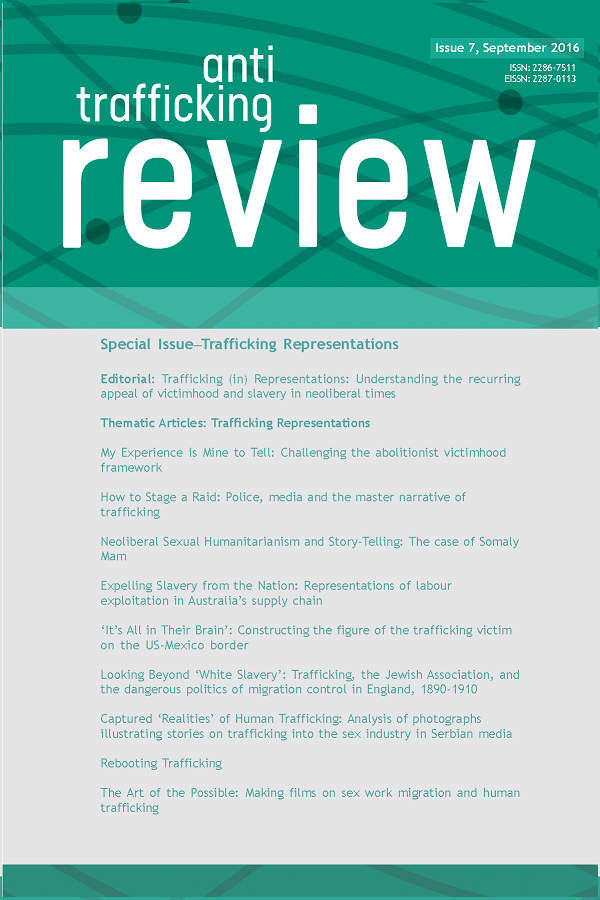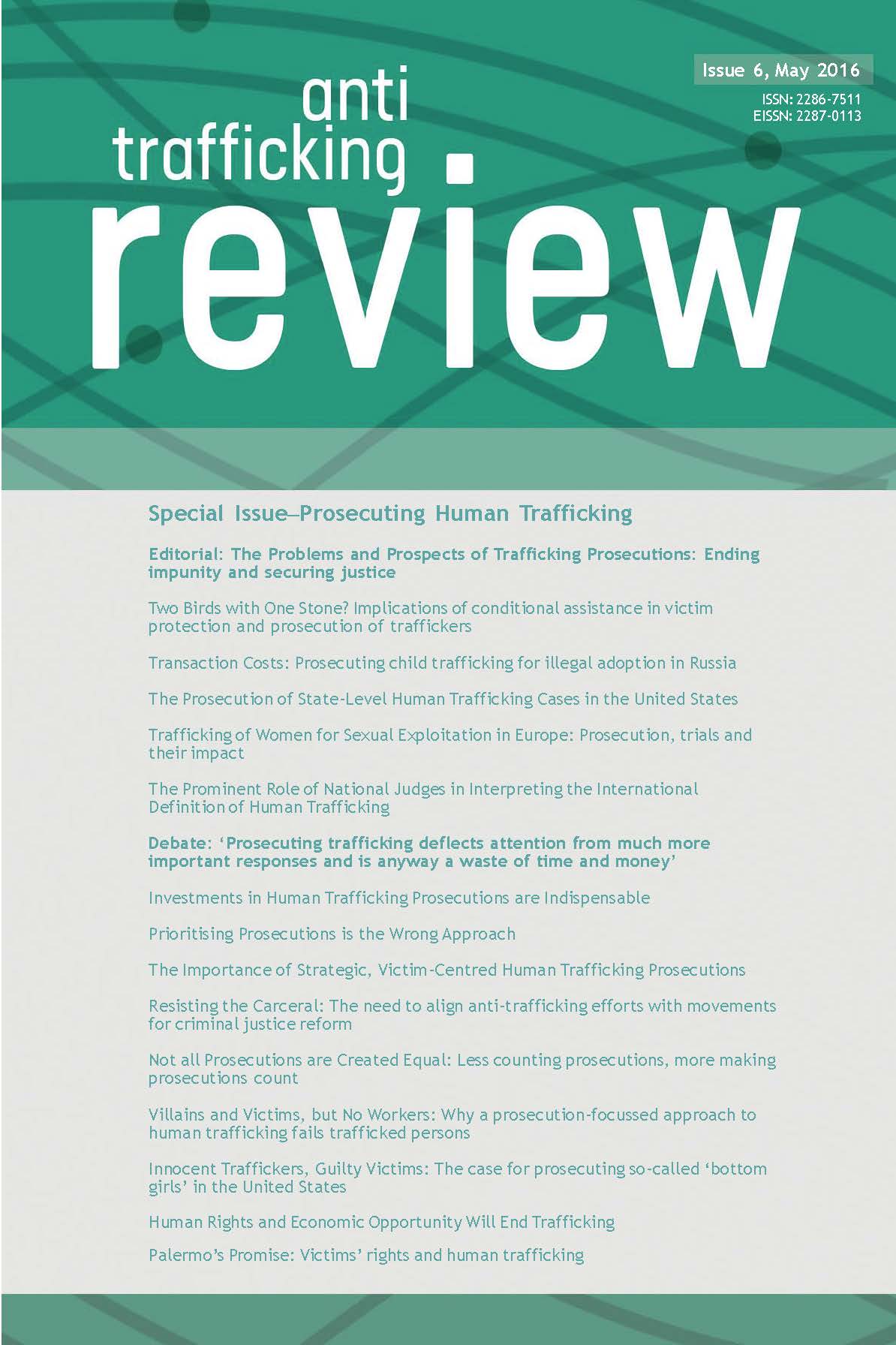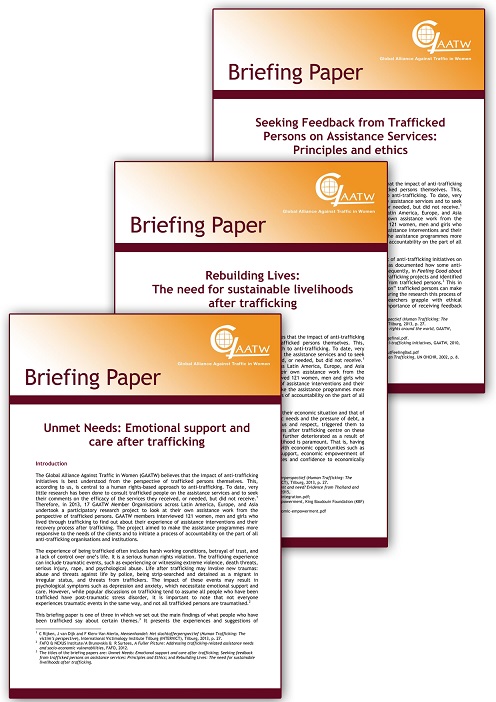Access to Justice
As trafficking in persons continues to gain increasing attention as a global issue, countries around the world have enacted anti-trafficking legislation and sought to combat trafficking as a form of organised crime. This law enforcement approach has made the prosecution of traffickers a key anti-trafficking strategy and thus trafficked people, the main witnesses in prosecutions, have been put in close contact with the justice system. While terrible human rights violations occur in the trafficking process and the need to combat this crime is evident, there is also a need for conscious and critical reflection on the impact of anti-trafficking efforts.
The Access to Justice Programme looks critically at the law enforcement approach to combating trafficking, and tries to analyse the extent to which this approach is protecting the human rights of trafficked persons.
At the same time, the Programme aims to support GAATW members to improve access to justice for victims of human trafficking by:
• Researching global patterns and strategies for prosecuting traffickers while protecting victims rights
• Promoting a participatory model of policy-making on access to justice by including all voices in discussions, such as policy-makers, court actors, service providers and affected groups, particularly women who have been trafficked
• Fostering communication, coordination and sharing of information, resources and experiences among members and other NGOs that provide legal assistance to trafficked persons
• Raising awareness about access to justice as a key human rights issue within anti-trafficking circles
• Contributing to other GAATW programmes on prevention, protection and advocacy by informing them access to justice for trafficked persons.
As part of this programme, GAATW created a website focussing on Access to Justice, featuring legal resources, country information, and a lawyers forum. For more information about this programme, and to access these resources, go to: www.gaatw.org/atj
Activities
Main activities in 2008
- Developing the Access to Justice Handbook for Victims of Human Trafficking (Nigeria), involving Nigeria’s National Agency for the Prohibition of trafficking in Persons and other related maters (NAPTIP), UNIFEM, and GAATW Handbook to be published in October 2008
Activities in 2006 and 2007:
- National Consultation on Access to Justice for Trafficked Persons (Kathmandu, Nepal - 2007)
- National Consultation on Access to Justice for Trafficked Persons (Abuja, Nigeria - 2007)
- Workshop on Access to Justice (MAP Women Exchange Meeting, Chiang Mai,Thailand - 2007)
- Study trips to Philippines, Malaysia and Indonesia (2007)
| 1. The vast majority of trafficking survivors do not enjoy their right to access the justice system. Problems with identification and poor legal knowledge mean that most victims never become aware of their rights. Even if they do, lack of training and resources to police, poor prosecutions, weak legal systems, discrimination and many other factors make bringing trafficking cases a long and arduous road. 2. Even where a case is successful, it is extremely rare for a victim to receive restitution for the violations suffered. Of the three cases in which survivors presented their stories, none had received any compensation. 1. Overwhelmingly participants agreed that obtaining justice could be an essential step to claiming back one’s life, but that the choice to seek justice should be the victim’s alone. Many trafficked persons choose not to press charges and that should be respected. 2. All countries seeking to tackle trafficking are doing so, at least partly, through their legislative and judicial systems. Further, all advocates have the same general goals for these systems: comprehensive legislation, effective police action, successful prosecutions that do not further victimise the victims of this crime, adequate sentences, and compensation. Different countries are achieving these goals to greater and lesser extents, but clearly lessons can be shared across jurisdictions. 3. Anti-trafficking legislation was highly valued by participants from countries that did not have such legislation in place, whereas for participants already working within such a framework, much more emphasis was placed on implementation. 6. The commitment of the trafficked person and her lawyer was essential to a successful case. In all cases, the survivor’s determination, patience and courage to fight for her rights had been crucial to the case being finalised. 7. Creative solutions – successful cases often relied not only on laws criminalising trafficking but used labour laws, other criminal laws, the media and human rights mechanisms. 8. Networking between NGOs and law enforcement, and among NGOs, both nationally and internationally, is essential to improving access to justice for victims. |
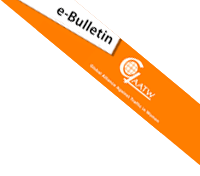


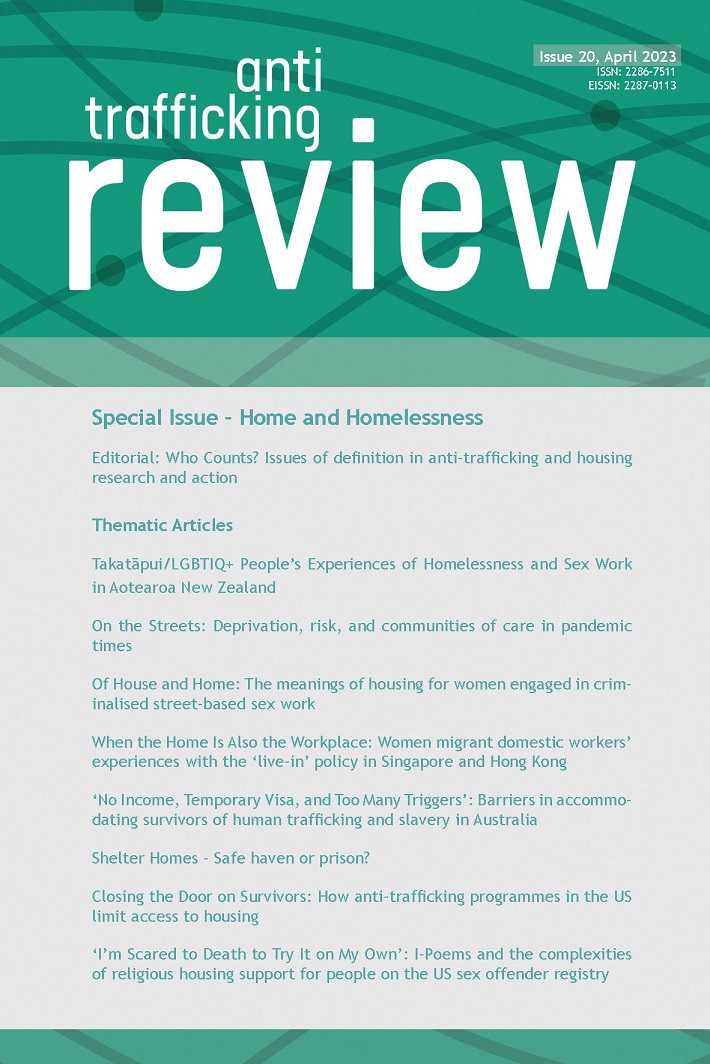
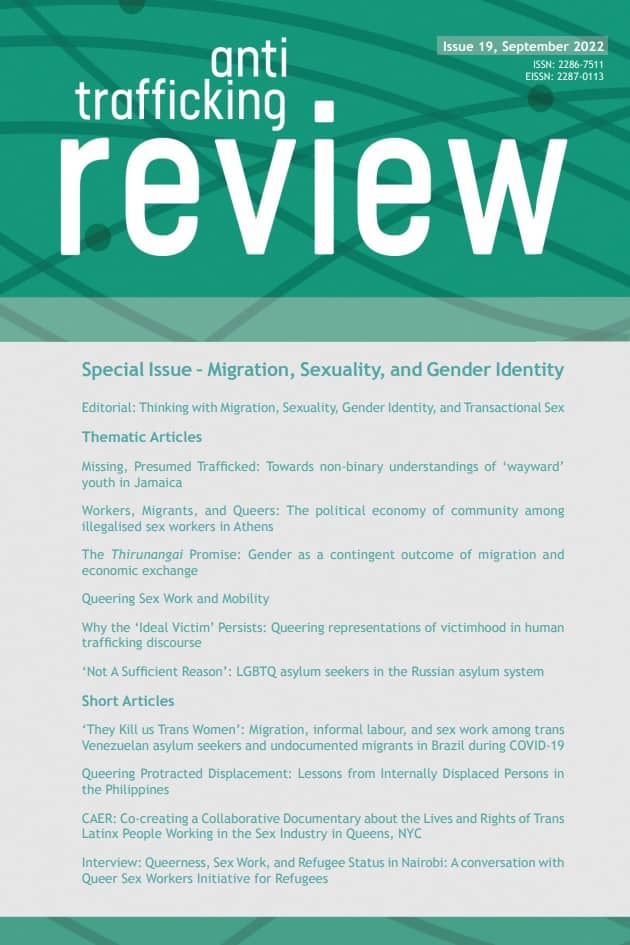
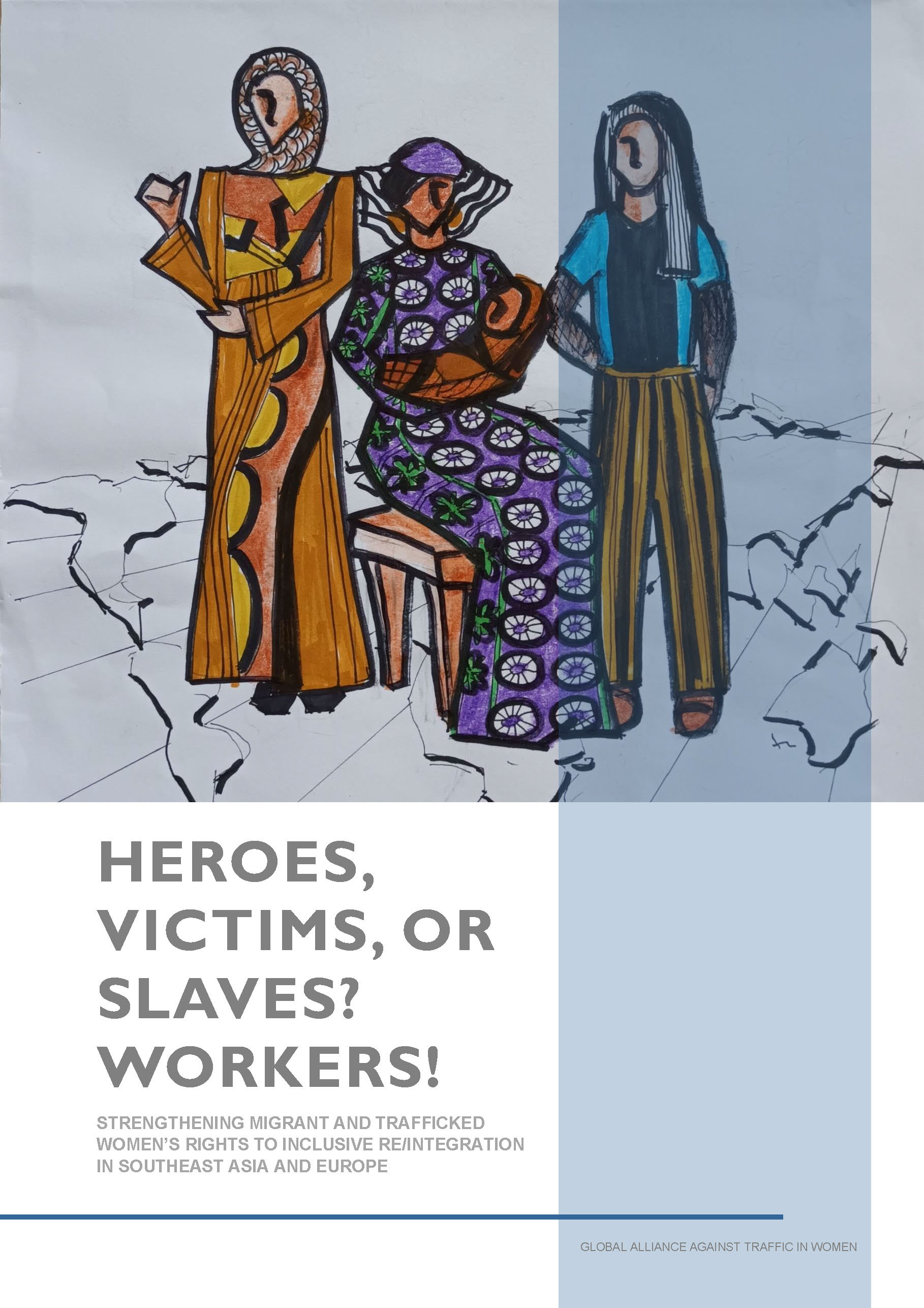
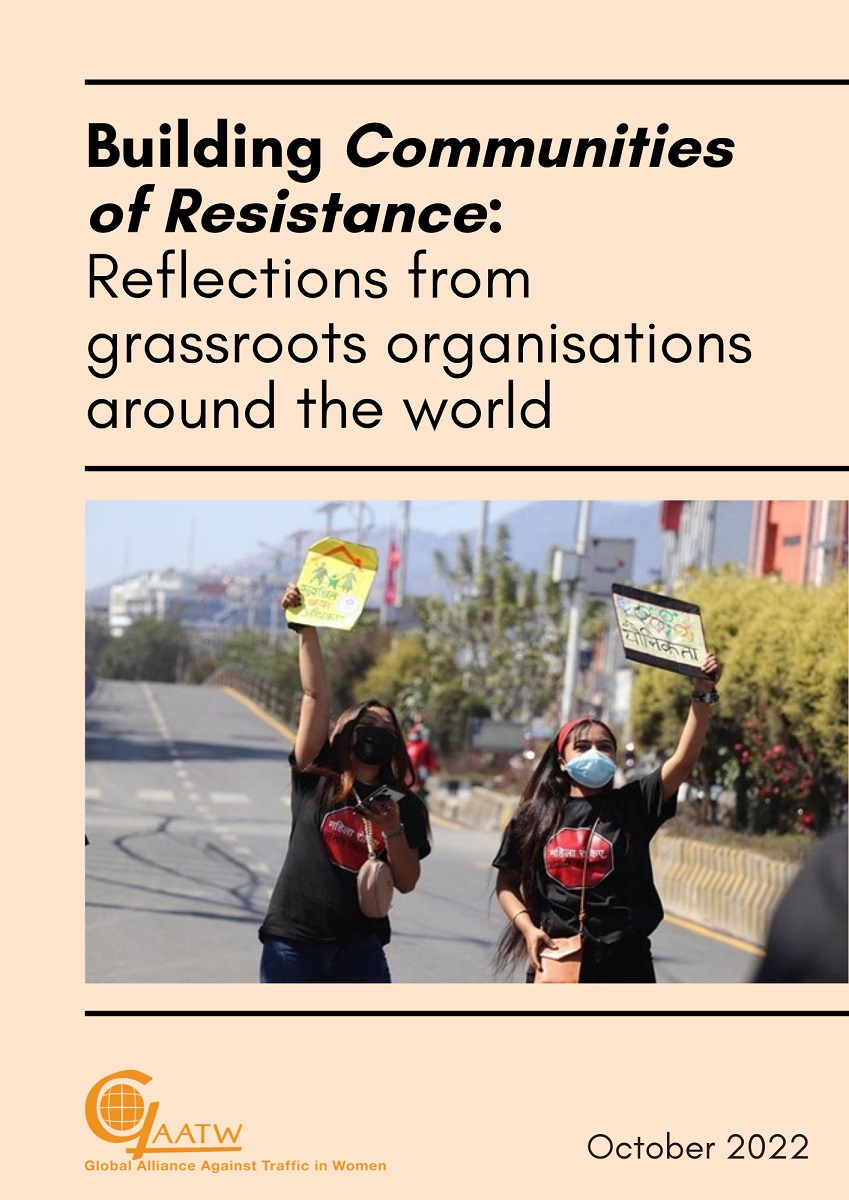
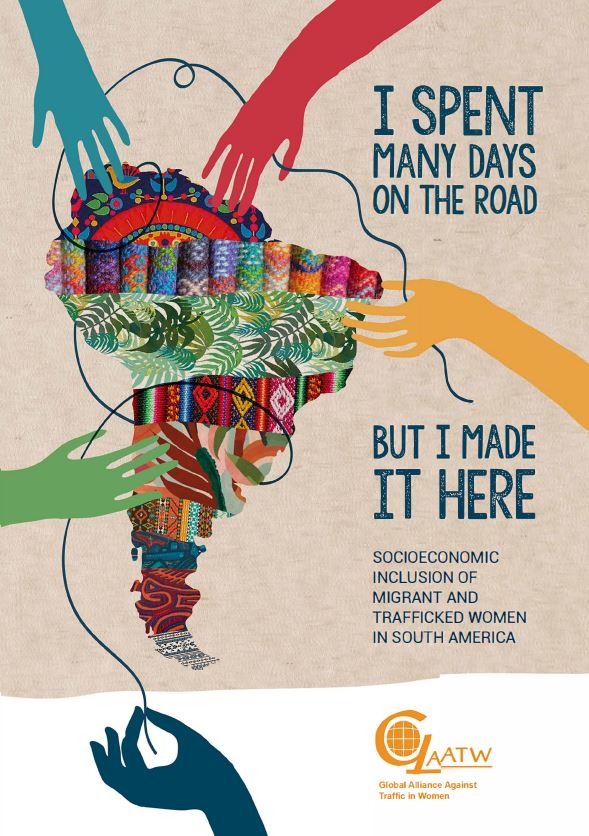
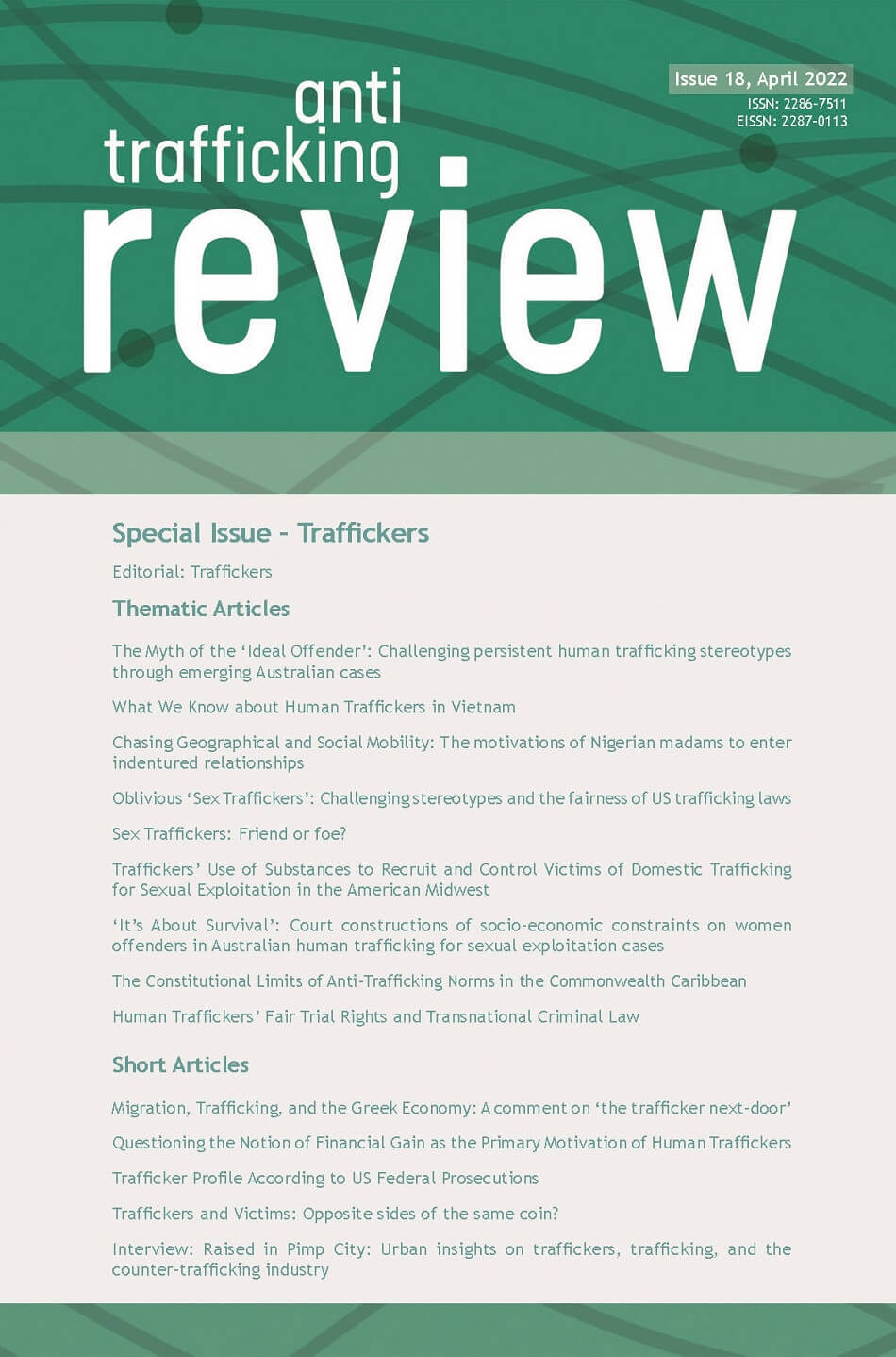
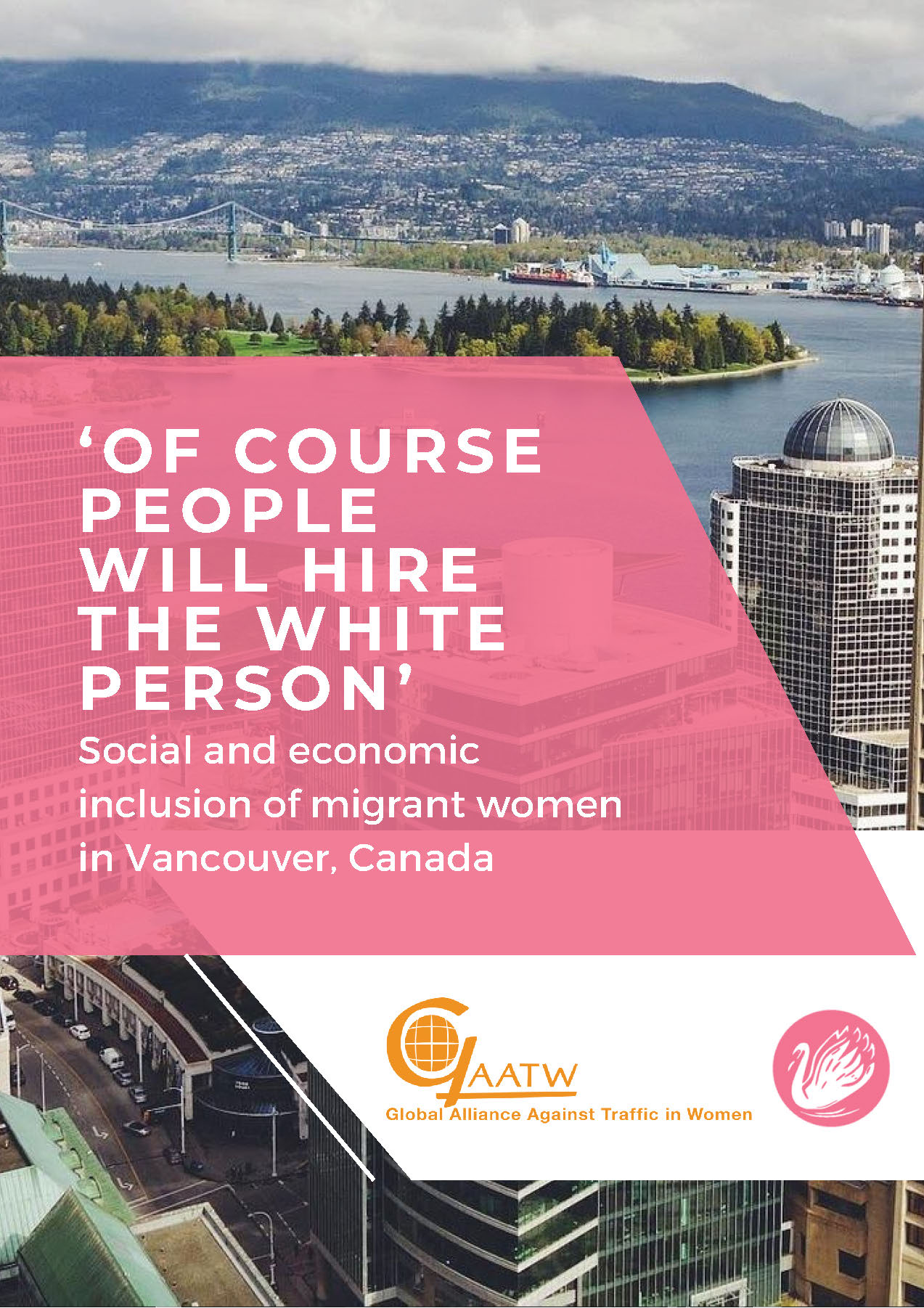
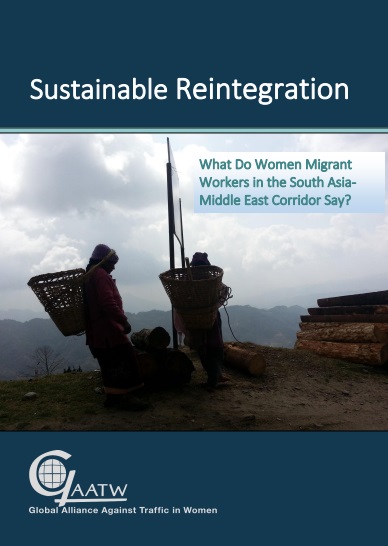
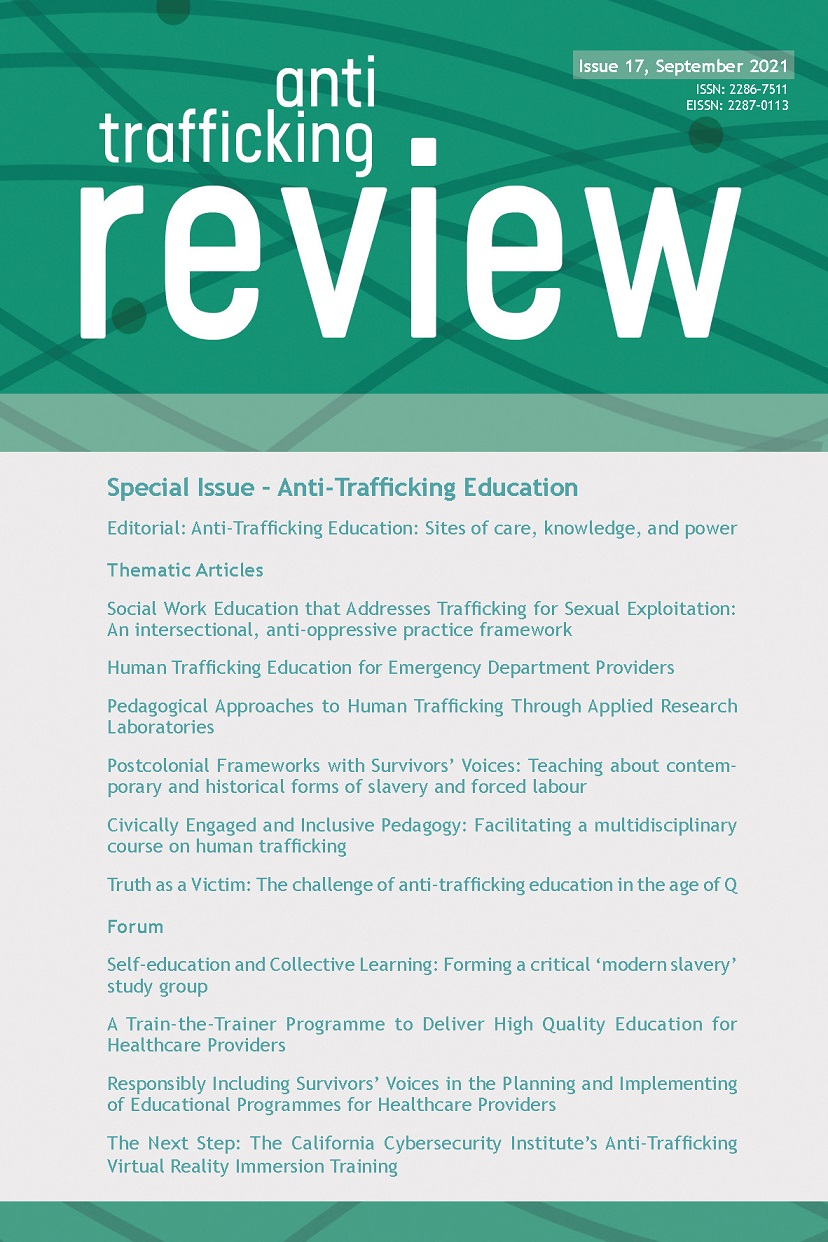
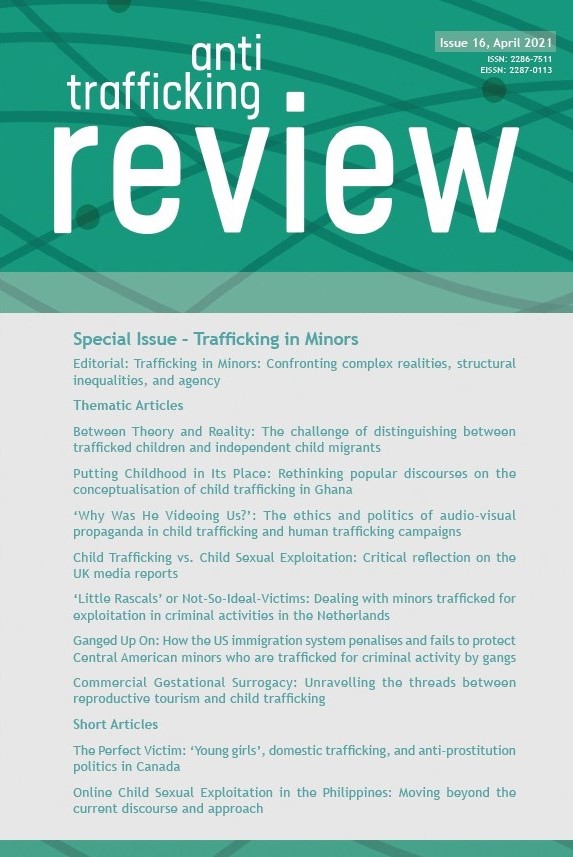
.pdf - Adobe Acrobat Pro 2_8_2021 4_36_32 PM.png)
